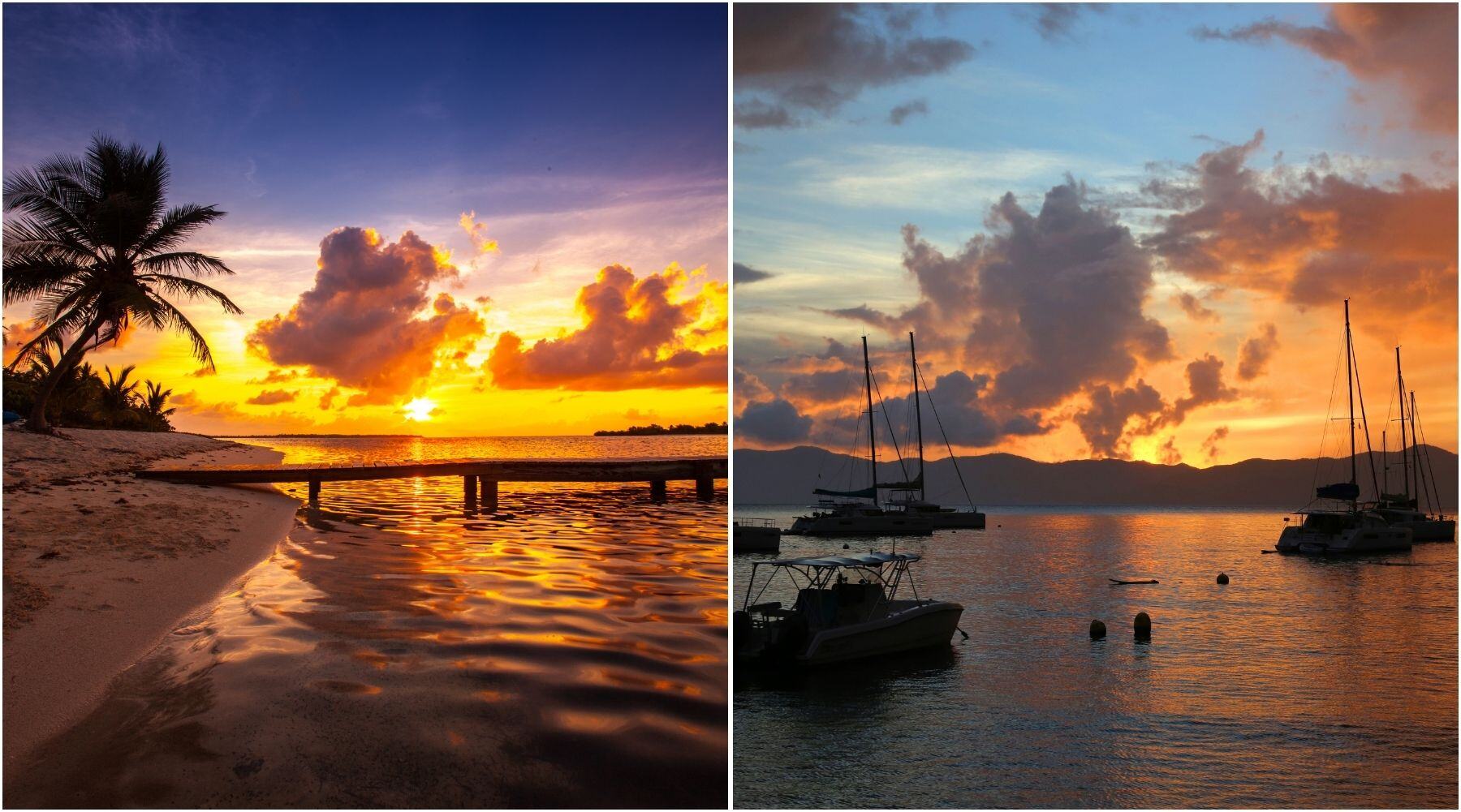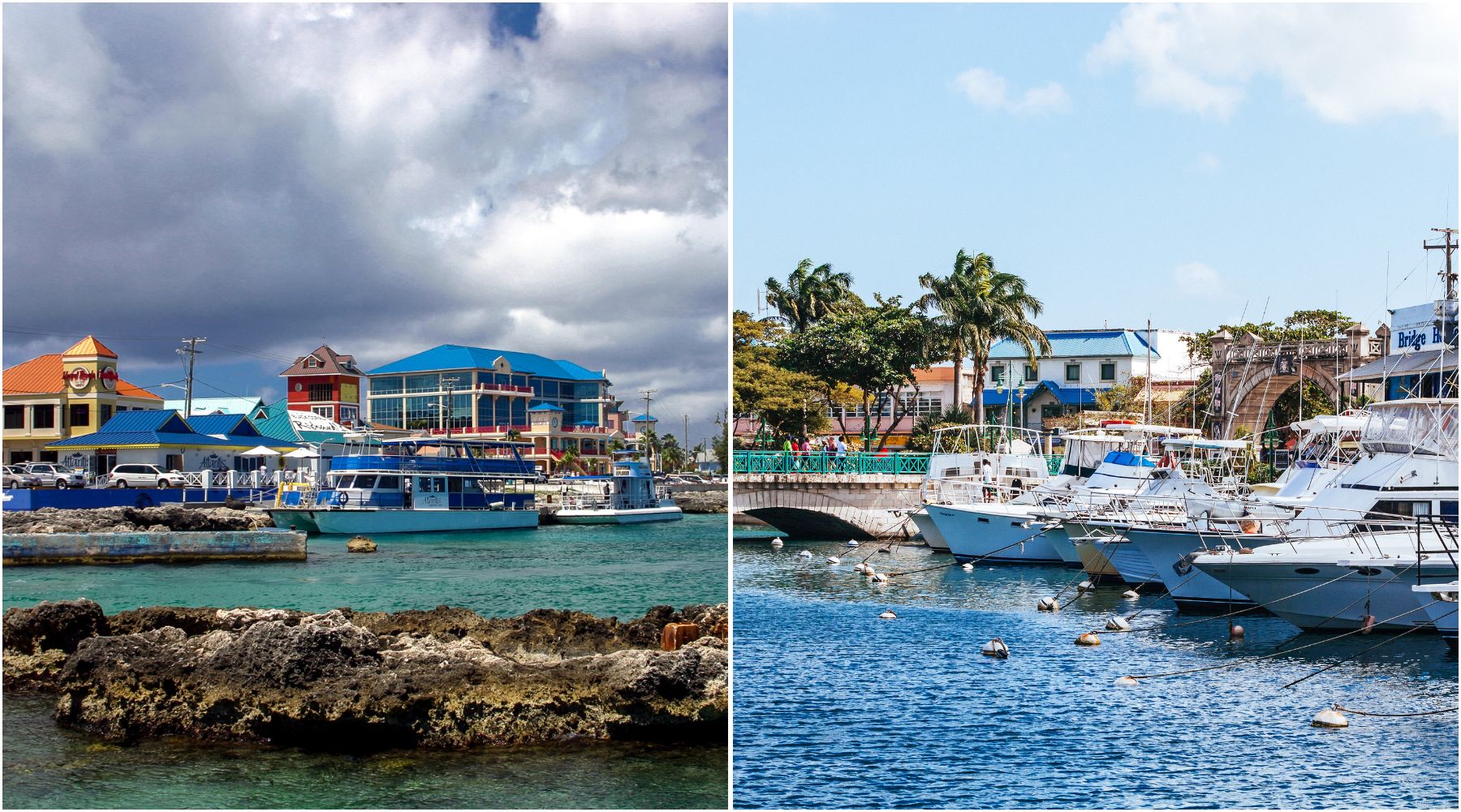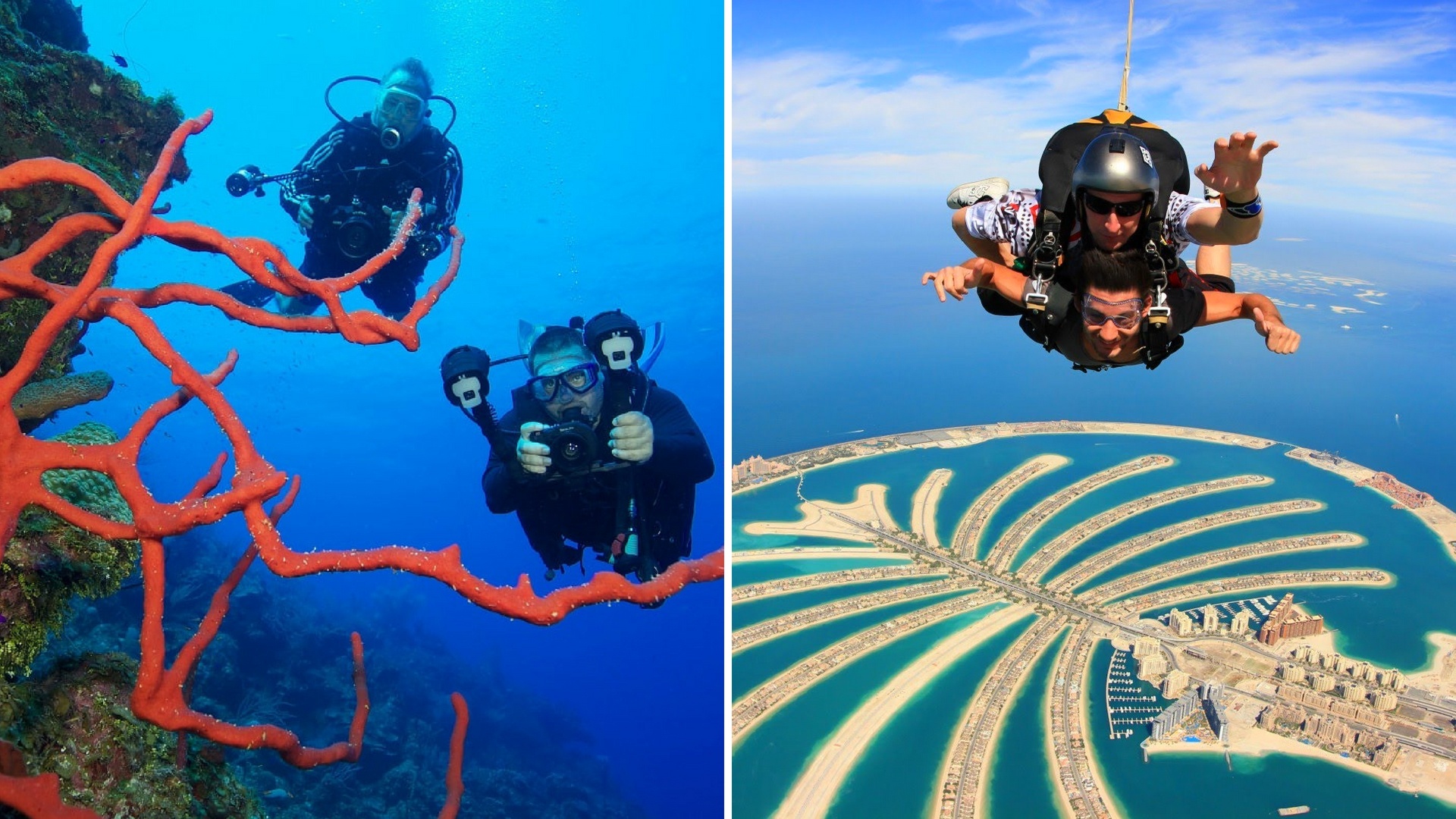.png?width=1100&name=Community%20Website%20Image%20TEMPLATE%20(97).png)
International free zones such as the Cayman Islands and Malta are popular choices for innovative companies seeking opportunity. Both locations also offer superb options for the industry as a result of enviable locations, low tax rates, and solid regulations.
In Malta’s Freeport, for example, you’ll find a key destination for big names in shipping as well as an increase in blockchain and crypto-based companies. As an EU member state, Malta might seem like the best choice for investment and citizenship opportunities, but with a deepening political crisis, investigations into corruption, and uncertainty surrounding Brexit negotiations and the stability of the EU, entrepreneurs are proceeding with caution.
The Cayman Islands are renowned for long standing economic opportunities, as well as a stable political system; in short, a worthy alternative to Malta. But ultimately, which location offers the better opportunities for businesses?
Emerging Fintech, Blockchain, and Crypto Enterprise
It’s no secret that tech is big business globally in today’s digital world. Both Malta and Cayman are at the forefront of the blockchain boom, offering attractive prospects for crypto investors.
In fact, Malta has become known as ‘Blockchain Island’, and hosted the AI and Blockchain (AIBC) summit in November 2019. Industry efforts are fully supported by the government, which has invested in network infrastructure and offered tax incentives to attract and retain crypto entrepreneurs. Cayman isn’t sleeping on this lucrative development. Building upon its position as a financial centre within the Americas, Cayman has rapidly established itself as a leader in emerging fintech. Just like Malta, Cayman’s blockchain businesses are supported by the government’s favourable regulatory and tax environments, as well as the nation’s physical and virtual infrastructure.
Economic Strength, Political Stability, and Governance. Historically, Malta has offered enticing opportunities to entrepreneurs. Malta gained independence from the UK in 1964, and is a member of the EU, Commonwealth, Council of Europe, and OSCE. The country has benefitted from the past decade of global economic growth and currently has an unemployment rate of 3.4%.
.png?width=1100&name=Community%20Website%20Image%20TEMPLATE%20(98).png)
Picture on right side by Monica Walton
However, Malta has recently been affected by a political scandal surrounding its outgoing prime minister, Joseph Muscat. It is alleged that close aides of Muscat are involved in the 2017 murder of investigative journalist Daphne Caruana Galizia. Although investigations are ongoing, it has unveiled wider issues of corruption in Malta.
Cayman is an autonomous British Overseas Territory, which means that it falls under British jurisdiction and sovereignty, but is not a part of the United Kingdom. Cayman’s head of state is the British monarch, but it is locally self-governed by a democratically-elected government.
The Cayman Islands are politically and economically stable, with a comparatively high GDP per capita of USD $72,607 vs Malta’s $36,988. As well as encouraging investment from new residents and overseas entrepreneurs, government initiatives and regulations help to provide ample career opportunities for Caymanians. Cayman Code Academy is a CEC-funded program designed to upskill and train the local workforce to better serve the 60+ and growing blockchain businesses now set up in CEC’s Cayman Tech City. As a result, Cayman’s unemployment rate is extremely low, at just 2.8%.
Aviation and Maritime Strength
Malta is ideally-placed in the Mediterranean, allowing aviation and shipping companies to take advantage of proximity to lucrative regional destinations and act as a midway point for onward travel. Low- and no-tax arrangements apply to these organisations, too – an excellent opportunity for foreign investors. Registering in Malta also means that companies are regulated by the EU; which can involve additional administration but gives aviation businesses in the country the prestige of EU law compliance. Registering a new aviation company in Malta can take as little as 2 weeks.
Malta also has a strong maritime tradition. In 2018, the value of its registered vessels exceeded $52 billion; dwarfing the figures for economic heavyweights like China, the United States, and the United Kingdom. Malta also has one of the largest dead-weight tonnage figures in the world, and an expansion rate of over 7%.
Cayman’s aviation industry is similarly well-developed and highly-regulated. Setting up an air business in Cayman takes just 4 – 6 weeks, and the proximity to North, South, and Central Americas – and in particular the other Caribbean nations – is a substantial plus. Although Cayman has a smaller shipping industry, it is growing. More than 16,000 containers arrive at the islands each year, and the islands’ enviable location – as well as sustained government support – provides a large and ongoing opportunity.
Streamlined Business Set Up
Starting a business in Malta is quite simple, especially for foreign investors operating a free zone company in the Maltese freeport. There are companies that will help entrepreneurs to complete the entire process, for a fee. The only caveat is that there must be at least one Maltese legal representative associated with the company.
Corporation tax on the island is 35%, but foreign investors are offered refund incentives by the government, reducing the effective rate of tax to a maximum of 10%. For many investors, the tax rate can be 0%. The set-up process in the Cayman Islands is straightforward, and there are additional benefits, such as zero corporation and income tax (as opposed to reduced corporation tax in Malta), 5-year renewable working residency visas for all staff regardless of country of origin, and no cap on the number of people working in a Cayman office.
Presuming a business falls into one of the Cayman Tech Zone categories for new enterprises, it can be approved within just 5 days, and fully operational within 4 to 6 weeks. Similar to Malta, specialist companies take care of everything for a fee – they can even help with the practicalities of relocation such as finding homes for your employees and their families.
.png?width=1100&name=Community%20Website%20Image%20TEMPLATE%20(99).png)
Caribbean vs Mediterranean Lifestyle
Both countries drive on the left as a result of lasting British influence, and the idyllic island life and plenty of sunshine can make working life much more beneficial.
The Cayman Islands, as a tropical Caribbean country, offer year-round warmth averaging 28°C whilst Malta has a Mediterranean climate in excess of 30°C during the hot summers, and relatively mild winters with a daily high in the teens. In Malta, you’ll enjoy a relaxed, Mediterranean lifestyle, with great food and culture, as well as local and regional wines. Cayman offers beautiful beaches and turquoise seas, with cosmopolitan resorts, luxury culinary experiences, and ample outdoor activities.
The Verdict: Cayman or Malta?
In both Cayman and Malta, special economic arrangements offer reduced or zero corporation tax to businesses owned by foreign entrepreneurs. Both countries have well-educated, highly-skilled workforces and reliable digital infrastructure. Company registration is straightforward and relatively fast. However, Malta’s latest political and corruption scandals are a worrying development. Cayman, conversely, is on a sustained upward trajectory. On balance, Cayman offers the superior package.






.jpg)
